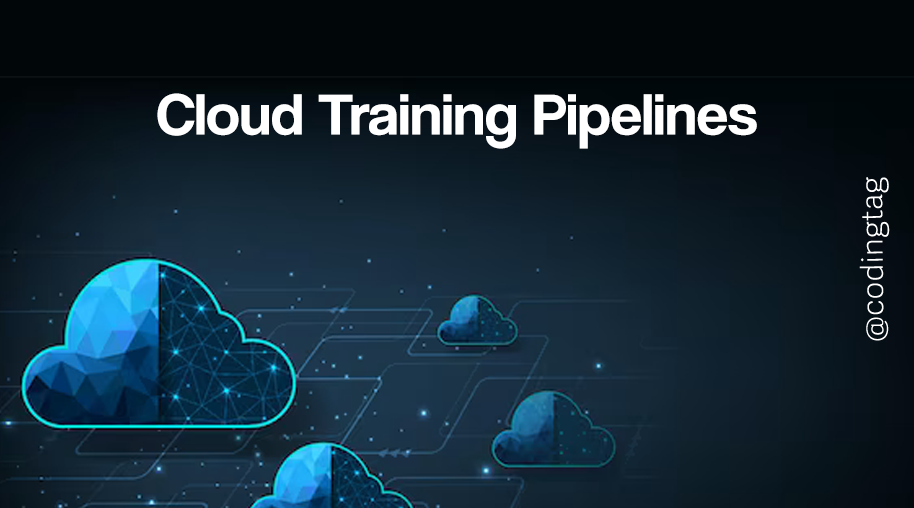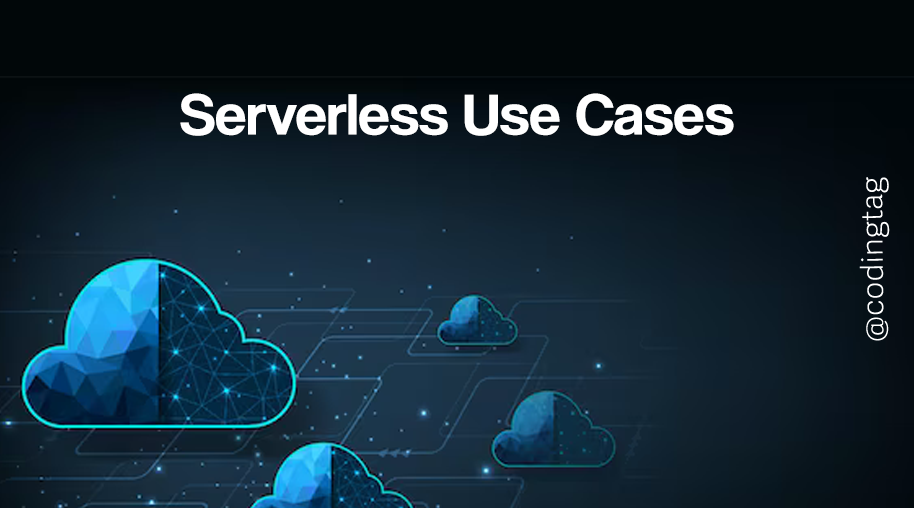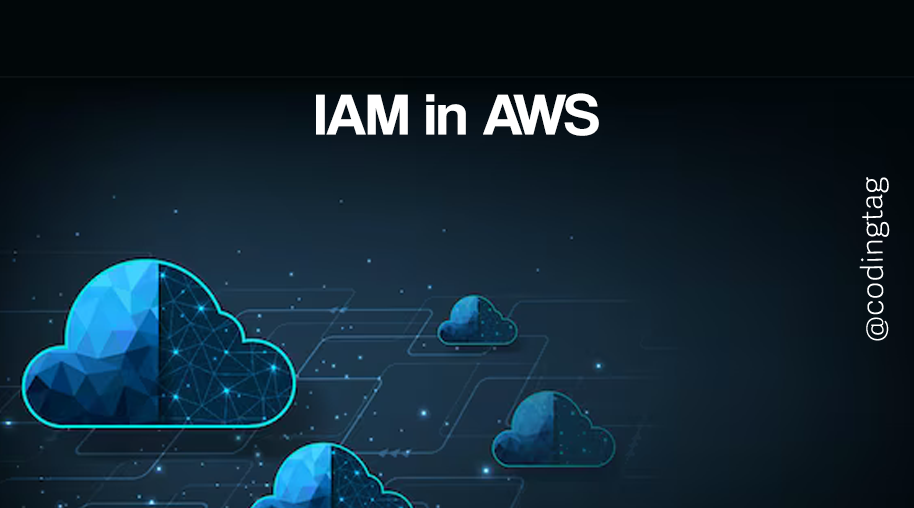NoSQL vs SQL Cloud
0 745
âš”ï¸ NoSQL vs SQL Cloud: Choosing the Right Database
When building applications on the cloud, selecting the right database engine is critical. The decision between SQL (relational) and NoSQL (non-relational) databases goes beyond structure—it's about performance, scalability, and the type of data you're working with. In this topic, we’ll explore how both database models perform in cloud environments.🧠What is SQL in the Cloud?
SQL databases like MySQL, PostgreSQL, and Microsoft SQL Server are structured and relational. Cloud providers offer managed services for these, such as:- Amazon RDS
- Azure SQL Database
- Google Cloud SQL
# Example: Create RDS instance using AWS CLI
aws rds create-db-instance \
--db-instance-identifier mydb \
--db-instance-class db.t3.micro \
--engine mysql \
--master-username admin \
--master-user-password secretpass \
--allocated-storage 20📦 What is NoSQL in the Cloud?
NoSQL databases support unstructured, semi-structured, or polymorphic data. They are schema-less and offer more flexibility when handling documents, key-values, graphs, or wide-column data. Popular cloud-hosted NoSQL databases include:- Amazon DynamoDB (key-value/document)
- Azure Cosmos DB (multi-model)
- Google Firestore (document-based)
# Example: Creating a DynamoDB table via AWS CLI
aws dynamodb create-table \
--table-name Users \
--attribute-definitions AttributeName=UserID,AttributeType=S \
--key-schema AttributeName=UserID,KeyType=HASH \
--billing-mode PAYPERREQUEST📊 Data Structure Comparison
- SQL: Relational tables with predefined schema. Strong data integrity and constraints.
- NoSQL: Flexible structures (JSON, key-value, graphs). No fixed schema.
âš™ï¸ Scalability in the Cloud
Cloud scalability is a major decision factor:- SQL: Vertical scaling (bigger server = more power). Limited horizontal scaling.
- NoSQL: Horizontal scaling (add more nodes). Built for large-scale distributed systems.
# Firestore scales automatically, no provisioning required
const userRef = db.collection('users').doc('abc123');
await userRef.set({ name: 'Jane', age: 30 });🔒 Consistency and Transactions
SQL databases follow ACID (Atomicity, Consistency, Isolation, Durability) properties, ensuring safe transactions. NoSQL databases often follow BASE (Basically Available, Soft state, Eventually consistent) principles. Some NoSQL systems now support ACID transactions on a limited scale (e.g., MongoDB, Cosmos DB).🧪 Use Case Scenarios
- SQL Cloud Databases: Banking, eCommerce, ERP, inventory systems
- NoSQL Cloud Databases: Social media feeds, real-time analytics, IoT data, personalization engines
💰 Cost Considerations
- SQL cloud databases are often licensed and sized based on instance types and IOPS (Input/Output operations).
- NoSQL cloud services use usage-based pricing (read/write units, storage consumed), making them cheaper at scale for certain patterns.
# DynamoDB On-Demand Pricing Example (Pay-per-request)
Write: $1.25 per million write units
Read: $0.25 per million read units🔠Performance Trade-Offs
SQL databases can be slower with complex joins at scale. NoSQL avoids joins altogether by denormalizing data, which boosts read performance but can increase write complexity. With cloud-managed services, you can monitor performance using built-in metrics from CloudWatch (AWS), Azure Monitor, or Google Cloud Operations Suite.🧠Which Should You Choose?
The decision depends on your application needs:- Need structured, consistent data with complex queries? → Go with SQL in the cloud
- Need flexibility, speed, and scale with diverse data? → Choose NoSQL cloud options
🎯 Final Thoughts
NoSQL vs SQL Cloud is not about which is better—it’s about which fits your project better. SQL remains the backbone of mission-critical systems, while NoSQL powers agile, scalable, real-time apps. Cloud platforms simplify the management of both. Make your choice based on data needs, query complexity, growth expectations, and development speed.If you’re passionate about building a successful blogging website, check out this helpful guide at Coding Tag – How to Start a Successful Blog. It offers practical steps and expert tips to kickstart your blogging journey!
For dedicated UPSC exam preparation, we highly recommend visiting www.iasmania.com. It offers well-structured resources, current affairs, and subject-wise notes tailored specifically for aspirants. Start your journey today!

Share:







Comments
Waiting for your comments